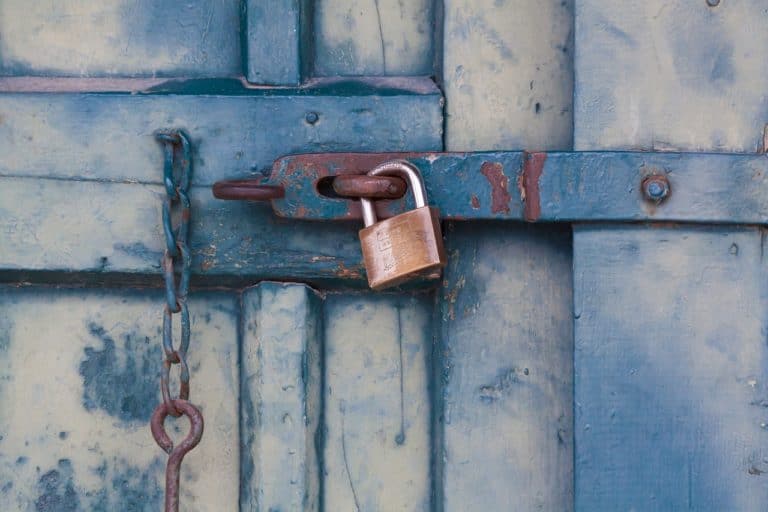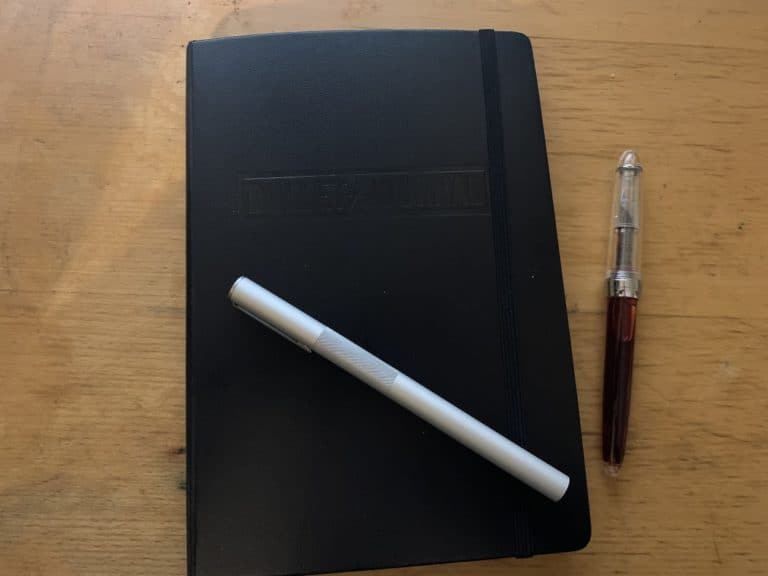Is It Too Late To Start A Diary?
It’s never too late to start a diary; the benefits are endless. From relieving stress, improving your mental health, and even helping you stay organized – writing can be an invaluable tool for anyone looking for clarity in their lives. But is it really worth taking on such a task when life has become so busy? If the time-honored adage “better late than never” rings true, then absolutely!
Writing down one’s thoughts has been around since ancient times, but its resurgence in recent years hasn’t gone unnoticed. Keeping a diary or journal allows us to reflect more deeply on what matters most to us and how we want to live our lives. It also helps build personal resilience by providing insight into our feelings and experiences over time. Plus, it gives us something tangible that can help shape our present actions and future decisions.
Jotting down our emotions on paper may seem daunting, especially if you’re new to keeping a diary. That said, plenty of resources are available online (and even offline) to help get you started on this journey of self-discovery – whether you’re just beginning or picking up where you left off long ago. So why not take advantage of this opportunity now? After all, starting today could mean discovering yourself tomorrow!
Reasons to Start a Diary
Writing a diary is like taking a journey of self-discovery. It’s an opportunity to become aware of the innermost thoughts and feelings that exist deep within us, often unnoticed until we take the time to write them down. Like a secret garden, our diaries can act as safe havens for honest reflection on ourselves and those around us, providing private moments of solace in which we can explore our dreams, fears, and desires without judgment or consequence.
When embarking on this personal voyage, it doesn’t matter when you start. Whether today or tomorrow, now or later – any moment is the perfect time to begin your own story. And although it may feel intimidating at first, don’t be afraid to let yourself go because writing can offer so much more than just mental clarity and therapy: it can also lead to unexpected benefits too!
From gaining perspective on difficult decisions to helping build better relationships with people close by – keeping a diary offers countless opportunities for growth and exploration into one’s identity. So why wait? Start today and see where your words will take you!

Benefits of Keeping a Diary
Did you know that 88% of people who keep a diary feel more in tune with their emotional states? Starting a diary is an incredible way to explore and understand your feelings. And the benefits don’t end there!
Keeping a diary can make us better problem solvers, help us build self-discipline, and provide clarity on our goals. Writing down thoughts or worries allows us to gain perspective by looking at things from different angles. It also helps reduce stress levels and gives an outlet for pent-up emotions.
Moreover, writing about experiences creates opportunities for reflection and growth. Through this process, we can identify patterns in our behavior, such as how we react under certain circumstances or why we are drawn to particular activities. This heightened awareness can then be used to become even more resilient when faced with future challenges.
By understanding ourselves better through journaling, we cultivate valuable insights that will serve us well beyond these pages, leading us to the next section about getting started on your journey toward deeper self-awareness.
How to Start a Diary
As the saying goes, starting a diary is never too late. If you’re feeling like taking up this age-old practice of self-reflection and introspection, now is as good a time as ever! Think about how much easier our lives would be if we had all been keeping diaries since childhood; what valuable insights could we have gained from looking back on those experiences? Nonetheless, here in the present day, let’s jump right into learning how to start with your own diary.
The first step is deciding which kind of diary works best for you – there are plenty of options out there! You can choose between physical or digital diaries, depending on whether you prefer pen and paper or technology. There are also different sizes and formats, so consider what will work best for your writing style and lifestyle habits. Next, determine how often you want to write in your diary – some people journal daily while others prefer just once a week – it really depends on what fits your schedule and interests. Finally, make sure that whatever type of diary you select has an element of privacy; this way, you can write freely without worrying about who else may read it later on.
Now that the basics are covered let’s look at the various types of diaries available: traditional notebooks/journals; dream journals (for recording dreams); gratitude journals (to record things one is thankful for); task lists (to plan tasks ahead); travelogue diaries (documenting trips), etc. So many choices! Ultimately, though this range of possibilities may seem overwhelming at first glance, don’t forget that ultimately the decision comes down to individual preference, what will allow YOU to express yourself most effectively?
Different Types of Diaries
When it comes to keeping a diary, so many different types can make it difficult to know where to start! From classic paper journals and diaries with locks to digital applications like Day One – each type of journal has its own unique features.
The most traditional form is the paper journal or diary – this could be in any size from pocket-sized to A4, lined or unlined, hardcover or softcover. Paper journals provide an opportunity for creative expression as you can personalize your pages however you wish. Plus, they’re easy to transport and look super stylish on your bedside table too! Furthermore, if privacy is important, these can come with a lock and key feature, allowing you more freedom when writing down your innermost thoughts.
Digital applications like Day One offer the same sense of security but also have additional features that may suit some users better than a physical notebook. Whether using this app on iOS devices such as iPhones, iPads, or Android phones, it has almost everything you need: password protection plus cloud storage services so that all entries remain secure even if something happens to your device. Additionally, you can add photos to your entries, making them much more memorable.
Overall, many options are available when starting a diary, and it’s great that technology now provides us with many choices. It doesn’t matter what type you choose, ultimately, having somewhere safe to express yourself openly makes all the difference! Onwards now to consider the challenges of keeping a diary…
Challenges of Keeping a Diary
Keeping a diary is like embarking on an exciting journey into one’s inner self. It can be both thrilling and intimidating, as it calls upon us to bravely face our thoughts and feelings and commit them to paper. As we take this plunge, certain challenges arise along the way that must be overcome if we are to reap the full benefits of our diarizing endeavors.
One such challenge is consistency: keeping up with regular entries requires dedication and discipline since no matter how inspired or motivated one may feel at any given moment, staying devoted to journaling for months or even years takes commitment. To help maintain momentum, it helps to set realistic goals and establish a writing routine so that when other commitments in life start competing for time, your diary remains an important priority.
Additionally, another hurdle encountered while diary-keeping involves being honest with oneself; exploring difficult emotions can be uncomfortable, but by facing these issues head-on in your pages, you will gain greater insight into yourself and find true peace within. This means not shying away from unpleasantness but instead dealing with it directly, whether through creative expression or simply letting out pent-up frustrations – until they become manageable enough to handle outside the safety of your diary’s confines.
In short, although maintaining a diary presents its own unique set of obstacles, having the courage to press forward will undoubtedly bring about profound personal growth and immense satisfaction once progress has been made.

Conclusion
It’s never too late to start a diary. Writing down your thoughts, feelings, and experiences can provide an invaluable outlet for self-expression and reflection, potentially leading to increased well-being and life satisfaction. There are so many different types of diaries available – from simple notebooks to digital applications that anyone can find the perfect fit for their writing needs.
Take my friend, Jane, as an example. She started her first journal when she was in her 30s, after going through a difficult period in her life. Through regular journalling, she processed her emotions more effectively than simply talking about them with others or keeping them bottled up. In addition to helping reduce stress levels and regulate moods, it also helped Jane gain clarity on important decisions in her life and develop better relationships with those around her.
So if you’ve been considering starting a diary but haven’t yet taken the plunge, don’t worry – there’s no time like the present! Whether it be online or offline, artistic or utilitarian, finding the right type of diary is just one step closer to cultivating healthier habits that will make all the difference in your day-to-day life.








